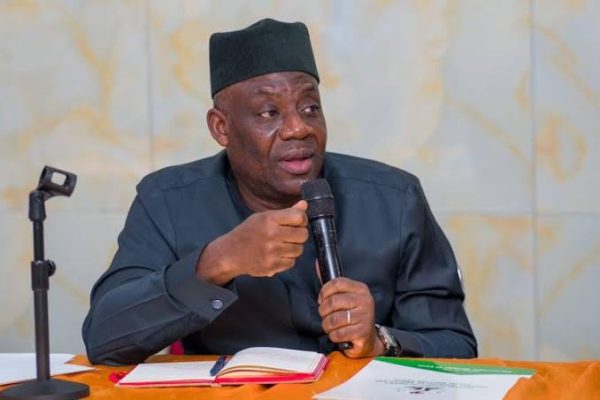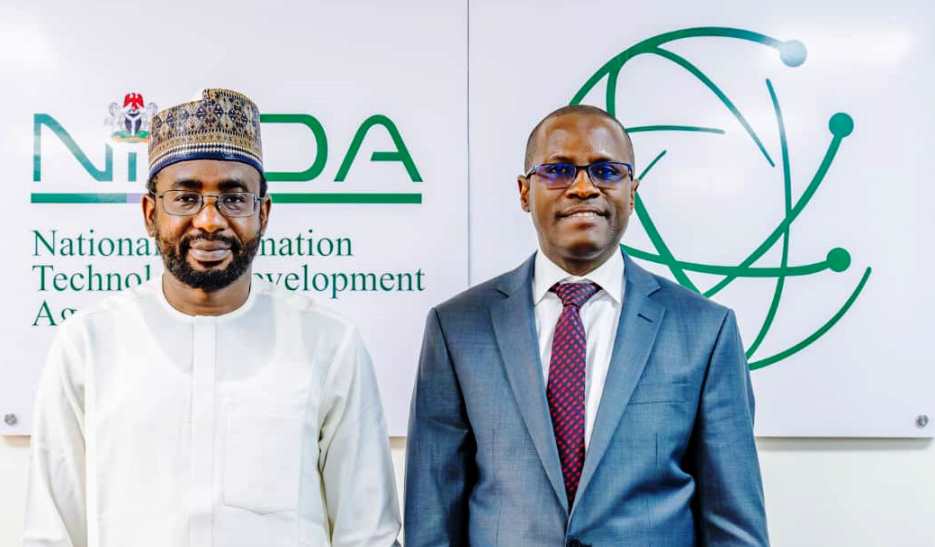In a move set to reshape the educational landscape across Nigeria and inspire similar reforms in West Africa, the Federal Government has officially reinstated Nigerian history as a compulsory subject within the national basic education curriculum. This decision, according to government officials, reflects a strong commitment to strengthening national identity and nurturing a sense of patriotism among young Nigerians—goals seen by many policy experts as essential in today’s complex social and political climate.
In a detailed statement released in Abuja, Dr. Tunji Alausa, the Minister of Education, outlined the motivations behind this wide-reaching educational policy. According to Dr. Alausa, the renewed curriculum aims not just to revisit the nation’s past but to actively build a foundation of responsible and informed citizenship that supports unity and progress. “Our youth must understand where they come from if they are to lead Nigeria into a stronger future,” he remarked, emphasizing the curriculum’s focus on rekindling a sense of civic pride and responsibility among the younger generation.
The move has drawn praise from various quarters, with Dr. Alausa specifically expressing appreciation to President Bola Tinubu for what he described as a forward-thinking and historic policy under the Renewed Hope Agenda. “History is more than facts and dates,” explained Dr. Alausa, “it is a living foundation for cultivating responsible, patriotic citizens who know their roots and the value of unity.”
What’s New in the History Curriculum?
One of the most significant aspects of this reform is the continuous study of Nigerian history, which will now span from Primary 1 all the way through Junior Secondary School 3. This initiative marks the first time in decades that young students will benefit from a consistent, chronological education about their country’s origins, heroes, sociopolitical transformations, and the many challenges Nigeria has overcome on its path to independence and democracy.
Additionally, for Senior Secondary School (SSS) students, a new subject titled Civic and Heritage Studies has been introduced. This innovative course integrates elements of Nigerian history with civic education, helping older students to apply historical context to current civic responsibilities and challenges. As Dr. Alausa explained, “This blended approach helps students internalize not just historical knowledge but also the key values—citizenship, responsibility, and service—that will allow them to positively impact their communities.”
Curriculum Highlights: Topics and Themes
The updated curriculum, which the Ministry has now officially released for Primary 1–6 and JSS1–3, covers a range of topics tailored to provide a comprehensive education about Nigeria’s past and its relevance to today’s society. Pupils in the lower years will study:
- Nigeria’s multifaceted origins and early civilizations
- Stories of heroes, heroines, traditional rulers, and local legends
- Key institutions and their evolution through time
- Cultural heritage and religious diversity
- Political and economic milestones
- The impacts of colonialism and the journey to self-governance
Junior secondary students will dive deeper, exploring early Nigerian civilizations, the nuances of pre-colonial states, influences of West African empires, trade routes such as the trans-Saharan trade, as well as interactions with Europeans, the colonial amalgamation of Nigeria, the independence struggle, and ongoing efforts to strengthen democracy and social cohesion.
Expert and Community Perspectives
Reactions to the reform have been largely positive, though some stakeholders have highlighted potential challenges in rolling out the new curriculum nationwide. Mrs. Esther Ogundipe, an educationist based in Lagos, shared with Nowahala Zone, “This is a long-overdue move. Nigerian children often grow up knowing more about foreign histories than their own, and that is a gap we must bridge if we want the next generation to value and defend our unity.”
However, she raised concerns about teacher preparedness and the availability of resources: “Training and support for teachers will be critical. The Ministry must ensure educators are equipped to teach these subjects confidently and accurately.”
Local parents have also voiced cautious optimism. “I’m glad my kids will learn about our leaders and history from an authentic perspective, not just Western textbooks,” commented Mr. Babatunde Akinyemi, a parent in Ibadan. “But I hope the government follows through on its promises to provide training and materials, especially in rural areas.”
Implementation and Accountability
To address such concerns, Dr. Alausa announced that the Federal Ministry of Education is collaborating closely with stakeholders—including school administrators, non-governmental organizations, and teacher associations—to ensure successful implementation. According to the Ministry, resources are being allocated to retrain teachers, distribute updated textbooks, and build a strong monitoring and evaluation framework.
This collaborative approach is particularly important, given the diversity of Nigeria’s education system and the disparities between urban and rural schools. According to data from the Universal Basic Education Commission (UBEC), school resource gaps remain significant in regions such as the North East and parts of the Niger Delta, making proper training, funding, and community engagement key to the reform’s long-term success.
Regional and Global Relevance
Nigeria’s reintroduction of history as a core subject may also serve as a template for other West African nations grappling with similar issues of national unity, identity, and civic engagement. In Ghana, for instance, education experts have debated the importance of local historical curricula as a means to counteract the erosion of traditional values and knowledge in a rapidly globalizing world. “This is a significant step, and its outcomes will be closely watched beyond Nigeria,” notes Dr. Kofi Mensah, a curriculum specialist at the University of Cape Coast in Ghana.
Globally, countries from South Africa to India have seen revitalizations of local history in classrooms as essential tools for fostering inclusivity, marginalization reversal, and youth empowerment. Education reformers often argue that teaching national history alongside global histories fosters better critical thinking and sets the foundation for cross-cultural understanding.
Potential Challenges and Broader Implications
While the new policy has garnered accolades, there are questions about effective enforcement and the risk of regional biases creeping into history lessons. Critics have urged the Ministry to ensure historical narratives reflect the full diversity and plurality of Nigeria. Moreover, some experts warn that if not adequately supported by consistent funding and oversight, the program could suffer the fate of previous curriculum reforms that failed to gain nationwide traction.
Still, many see the policy as a positive and necessary shift, with implications not only for building unity among Nigeria’s more than 250 ethnic groups but also for addressing contemporary challenges—such as inter-communal tensions, misinformation, and apathy toward national institutions. Embedding civic education within the history curriculum, as planned, may help reverse these trends by encouraging responsible participation in society and fostering respect for Nigeria’s constitutional values.
Looking Ahead: A Shared Responsibility
Ending his announcement, Dr. Alausa urged parents, educators, and communities alike to treat this reform as a collective endeavor, one critical to raising the next generation of disciplined, forward-thinking citizens. “History belongs to all of us. Together, we can use it to inspire unity and pride—so every child, no matter their background, can claim ownership of Nigeria’s story.”
As the new curriculum rolls out, its progress and impact will be closely monitored both within and outside Nigeria. How the country navigates challenges of implementation, regional fairness, and lasting teacher support will have lessons for the rest of Africa’s education policymakers—and for anyone passionate about the transformative power of learning one’s own history.
What are your thoughts on bringing back Nigerian history as a core part of the curriculum? How do you think this will impact our future as a nation? Drop your comments below and follow us for more updates on education and national policy.
Do you have a story, tip, or opinion about education reform in Nigeria or Africa you’d like to share? Want your perspective featured or a story published? Reach out to us at story@nowahalazone.com—we’d love to hear from you!
For general inquiries, get in touch at support@nowahalazone.com.
Stay connected: Follow us on Facebook, X (Twitter), and Instagram for the latest in news, reforms, and community insights.
Your experience and opinion matter—join the conversation below!










